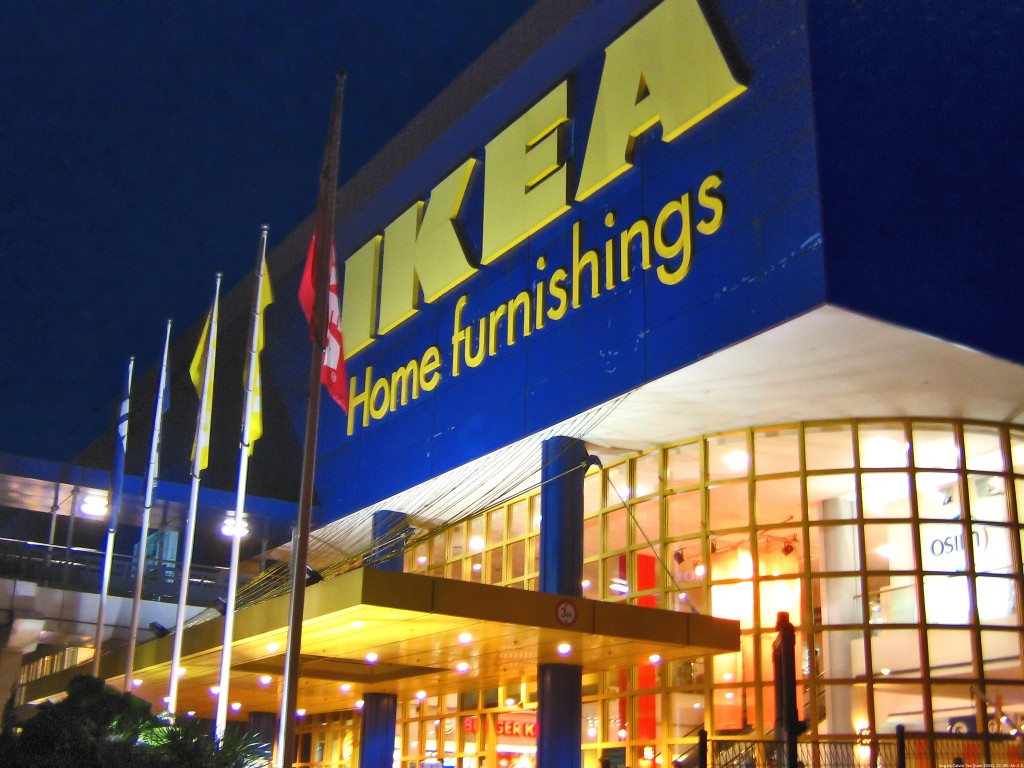A Perfect Case Study For Cultural Consulting
Recent news of Walmart’s failure in Brazil confirms what multicultural communications companies have been preaching for years: strategies for global success must always incorporate the region’s local culture, not just the language. Reuters article, “Insight: Lost in Translation, Walmart Stumbles Hard in Brazil,” outlines that Walmart’s American culture does not translate well in Brazil.
American consumers are used to friendly service, but “Germans didn’t like Walmart employees handling their groceries at the check-out line. Male customers thought the smiling clerks were flirting,” said Susan Berfield of Bloomberg Business Week.
“Many businesses think they just have to replicate what is successful in the US overseas and they fail miserably,” says Magnum’s strategic partner and President of Global Dynamics Dr. Neal R. Goodman, who. has spent 25 years advising organizations on strategies to overcome the challenges of globalization and virtual environments.
“Very few companies invest in cross-cultural training. One of the biggest cultural challenges companies face when entering a foreign market is that they don’t understand how to effectively communicate and manage relationships with the locals,” Dr. Goodman adds.
For IKEA, the Swedish furniture and home goods retailer, the effort to understand the culture in the United States, China, and Japan has paid off. In a report from The International Journal of Business Knowledge and Innovative Practice, IKEA’s entry into these markets proved successful after some research: IKEA understood it had to adapt to different customers’ needs.
For instance, kitchenware was too small for American serving size preferences, and overall prices were too high. IKEA had to localize products and outsource goods from local, lower-cost vendors.
In China, IKEA showrooms had to be specifically designed to showcase typical Chinese living – small apartments with balconies. IKEA’s balcony showroom provides tips on balcony decorating, an added feature specifically for Chinese stores.
When IKEA first entered the Japanese market in the 1970’s they failed. Japanese consumers at that time were not willing to assemble their own furniture. In 2002, IKEA tried again and succeeded. The modern Japanese consumer was ready and embraced the IKEA concept.
Companies of all sizes face tough challenges when bringing products to the global marketplace. One of them is the delivery of multilingual content true to the client’s brand identity.
“Our formal quality and risk management practices coupled with Magnum’s linguistic expertise and proven translation processes make us an ideal communications partner for our clients” states ARTÉMIA’s CEO, Barbara Wichmann, “and is the reason for our strategic partnership.” “Time and again, we have been able to identify risks and avoid the costly consequences of failed product launches” adds Magnum Group’s President, Vivian Isaak.
Do you have any stories to share? We’d love to hear from you! visaak@magnumgroupinc.com






